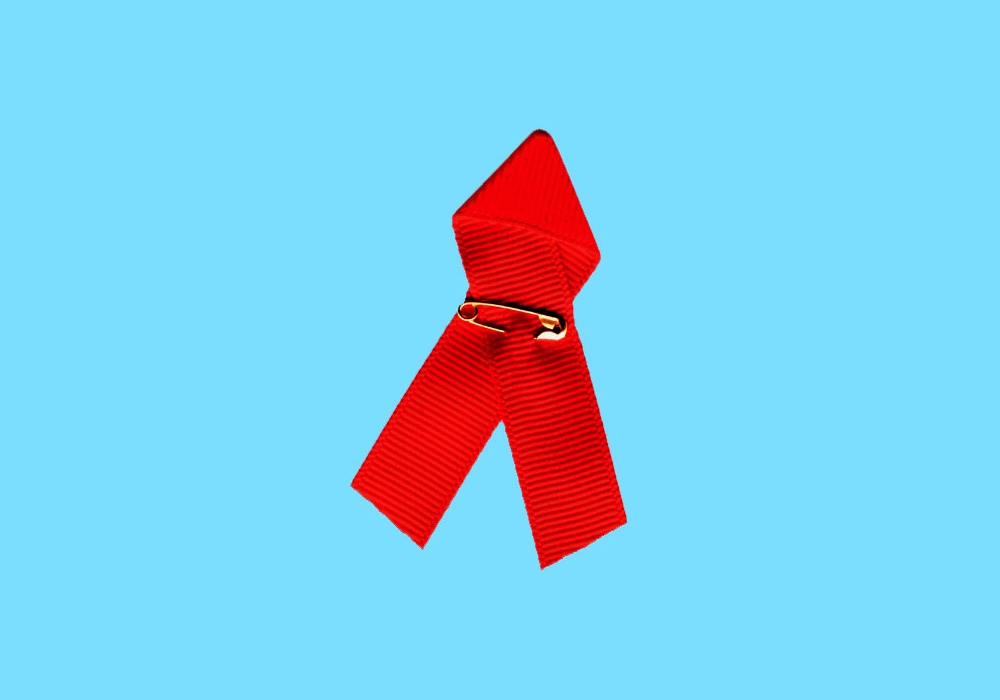Robbie Ahmed, Contributor
Featured image courtesy of Visual Aids
At my first month at the Alliance for South Asian Aids Prevention, it was hard to orient myself and process what was happening around me. I saw a South Asian man next to me eat Indian food with his hands, a man that looked a lot like the ones my family would invite over for dinners, except for the fact he was queer, just like me.
That image stirred an emotional reaction in the bottom of my stomach. I had two images before my eyes that I could not reconcile: queerness and my own culture.
Last time I remembered being at a South Asian gathering, I was carefully dodging aunts in the hallway who bombarded me with numerous questions regarding marriage, short hair, and lack of saris in my wardrobe.
This time though at ASAAP those aunts instead asked me about my preferred pronoun and talked freely about queer issues. Never would a young South Asian queer transboy imagine such a place existed.
These days, I run a queer program at ASAAP called Lassi, yes, just like the South Asian drink, except that it is a support space for young queer South Asian men who like men from ages 16-29.
During biweekly Lassi sessions, young queer South Asian men gather together to socialize over games, music, and food. These men can be desi and queer at the same time.
There is, however, some controversy on why spaces like Lassi, exclusive to only queer-identified South Asian men, still exist.
When so many open queer support groups are sprouting up in the vast city of Toronto, why have one only for queer South Asian men?
When a South Asian individual comes out as queer, they find themselves not in conflict not only with their family, but also with their culture and identity.
Every tradition and every cultural practice they were taught are all challenged by a simple announcement of one’s queerness.
It is hard to reconcile those aspects of oneself when one is taught to believe that queerness does not exist outside of the Western culture.
ASAAP was created when a South Asian couple passed away from AIDS-related illnesses and were not able to get resources and treatment due to linguistic barriers and stigma within South Asian communities regarding HIV/AIDS.
Similarly, these South Asian youth feel deep isolation and shame regarding their sexuality and identity.
With culturally specific groups, these men can freely share their love for South Asian culture, songs, dances, literature, and food once again, as well as find resources and support with a reduced cultural or language barrier.
Youth can also seek confidential one-on-one peer support where they can freely ask questions regarding sexuality, sexual health testing, or just personal concerns. They will be respected for their identity and not be turned away due to their sexuality or gender identity, which is a great concern for many South Asian queer youth.
Lassi also strives to provide free TTC tokens to groups in regions such as Scarborough to help attendees come to the space, regardless where they live in Toronto.
There is definitely a need for cultural-based programs such as Lassi to reduce this isolation and stigma, to help young racialized youth embrace their cultural traditions, find pride, and have a familiar support space to the one they thought that they have lost and one that looks and feels a lot like their home.
Like us on Facebook, @excalweb




